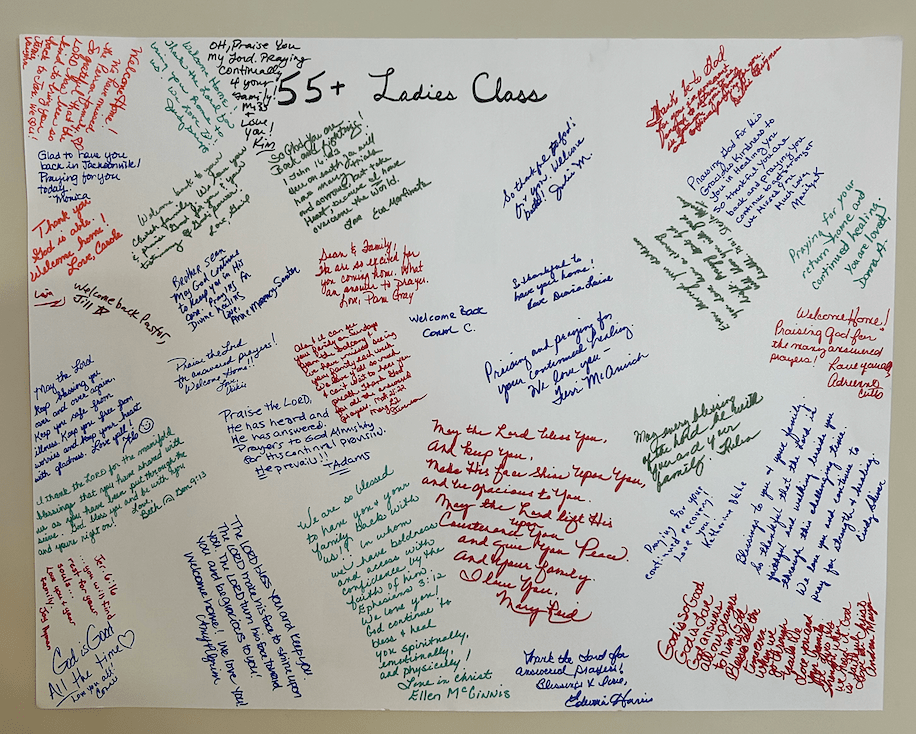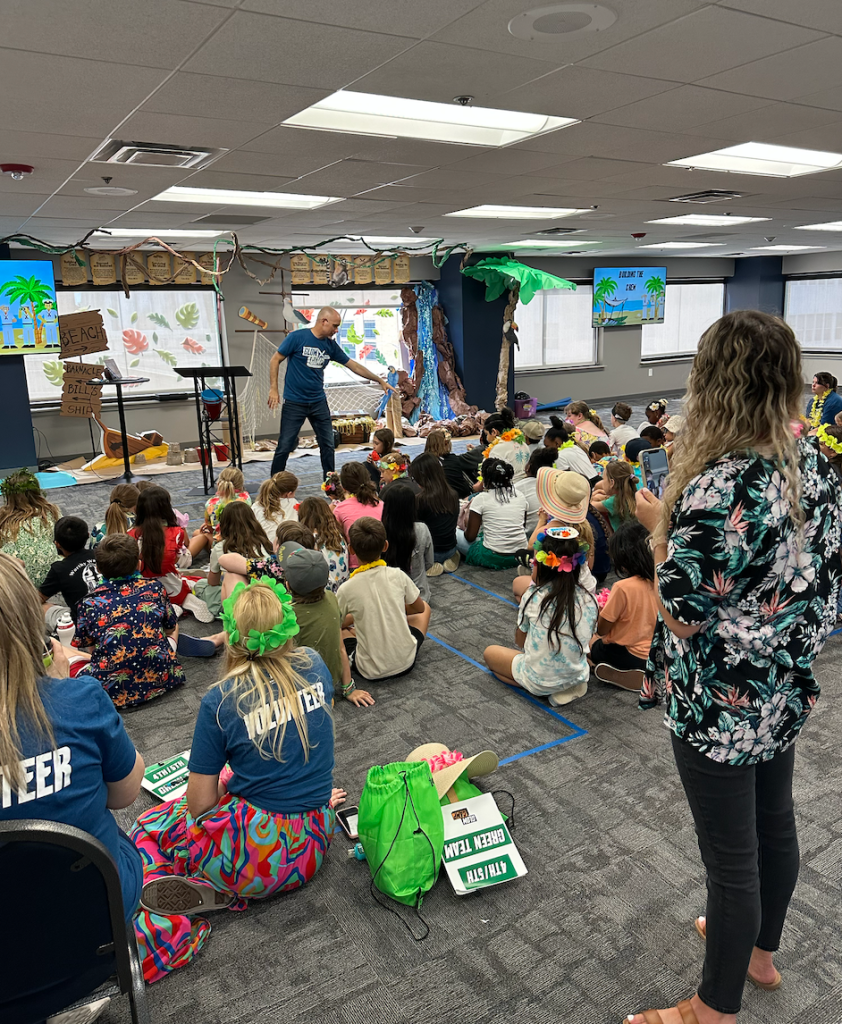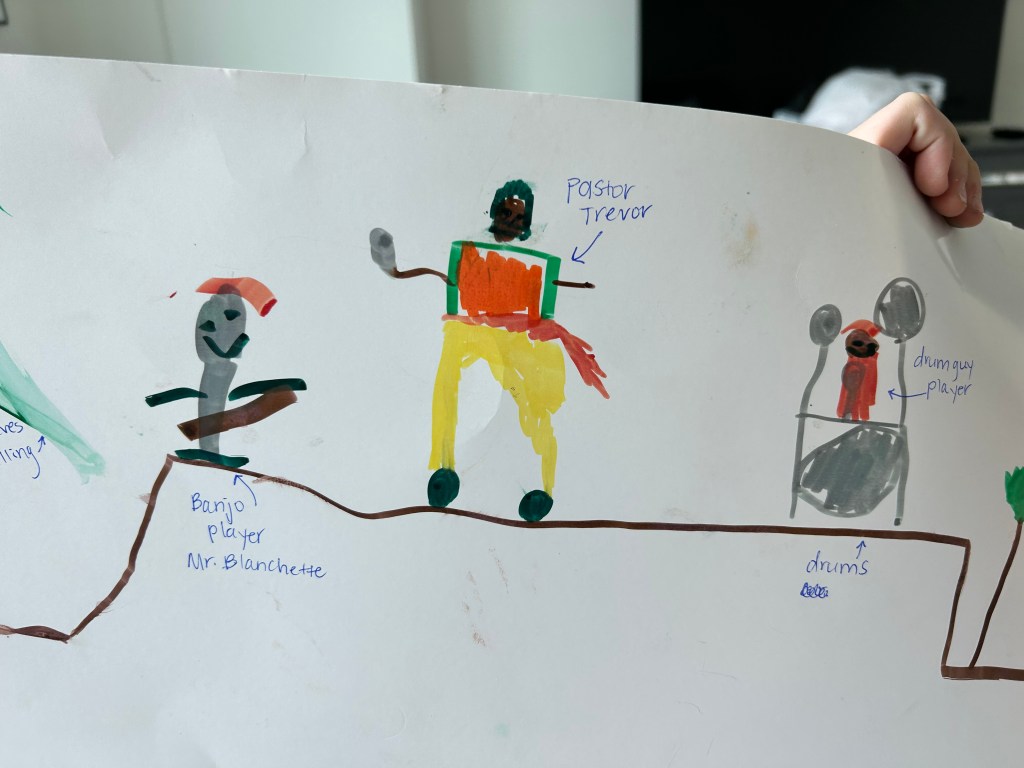This week marks six months since my bone marrow transplant (and 15 months since diagnosis). My PET scan shows that my cancer is still in remission. This is a huge praise.
In addition to this good news, my latest echocardiogram shows that my heart is doing well. This means the heart failure I experienced during transplant was likely circumstantial instead of chronic. This is great news. I have to return again to Houston in three months for more immunity shots and another PET scan. Please continue to pray the cancer stays away. You can watch our video update here.
Oh give thanks to the LORD, for he is good, for his steadfast love endures forever! (Psalm 107:1)
My heart is steadfast, O God! I will sing and make melody with all my being! (Psalm 108:1)
The transplant brought numerous trials that we never expected. Through it all, Jenny has been by my side. She was with me in the worst moments and cared for me in countless ways. Whether it was reading Scripture out loud when I was anxious or helping me as my skin burned off, she was there. God is my very present help in times of need and one way he has been present is through Jenny.
We took Christmas photos early this year. While taking photos, Jenny and I were able to dance at the Jacksonville Arboretum. Back in May, I could not walk without Jenny holding me up. But today I’m able to dance and twirl her around. Our hearts are filled with gratitude to God to make this possible. We believe each day is a gift from Jesus.
To all our friends and family, thank you for your prayers and being with us on this journey.
Jenny, I’m so glad I can continue dancing with you through the minefields.











Photo Credit: Victoria Hope Waters




















